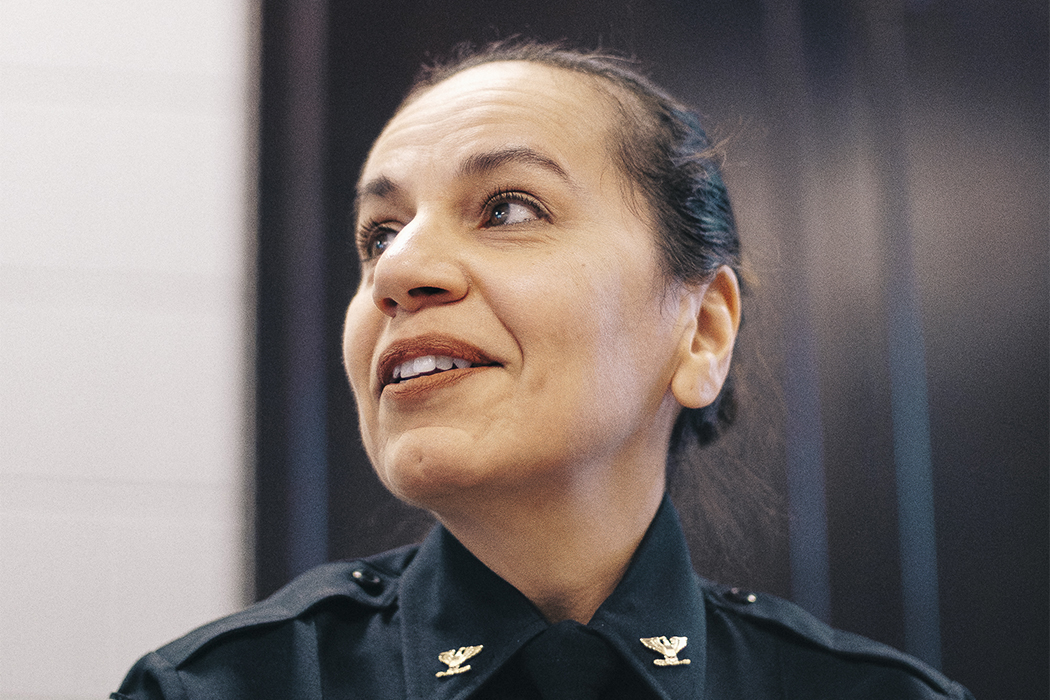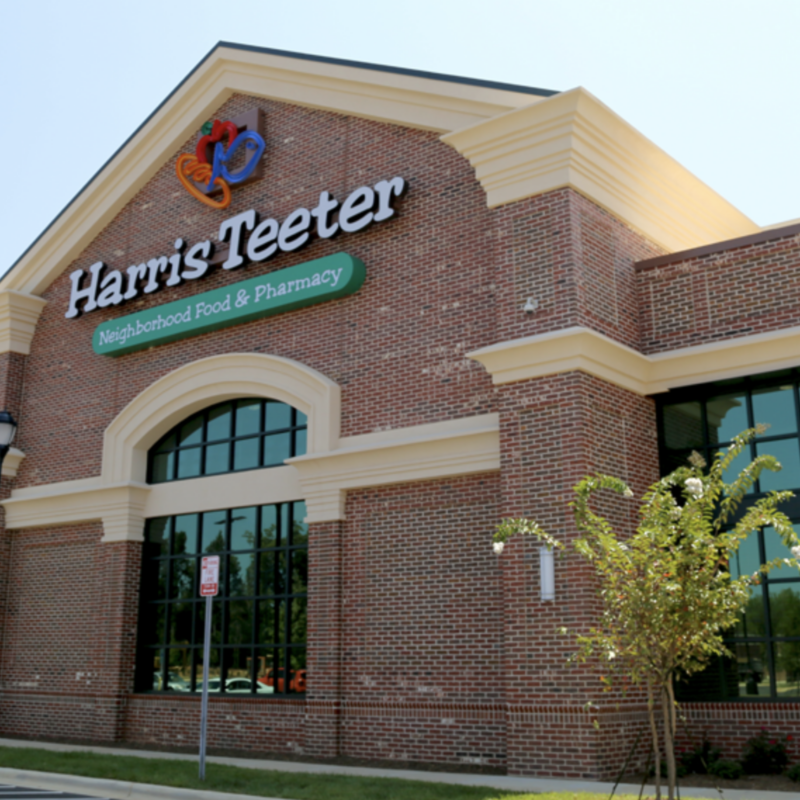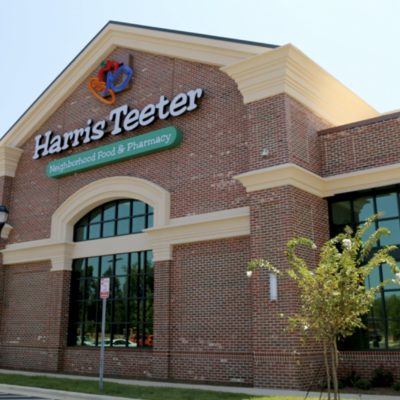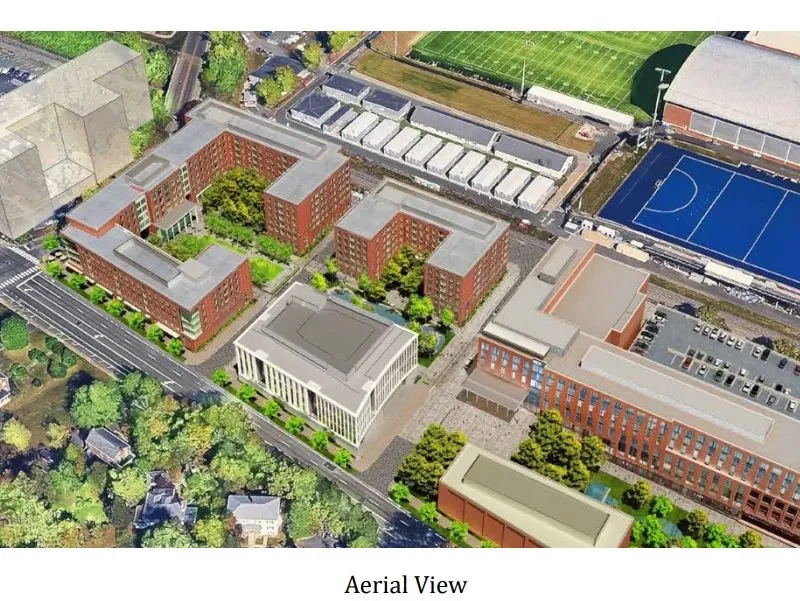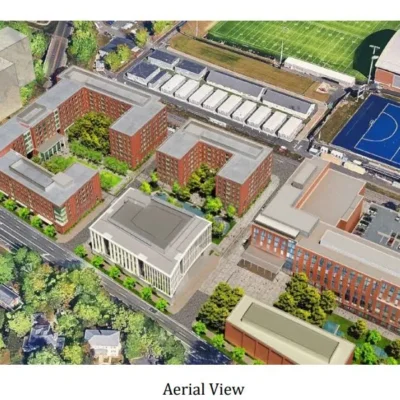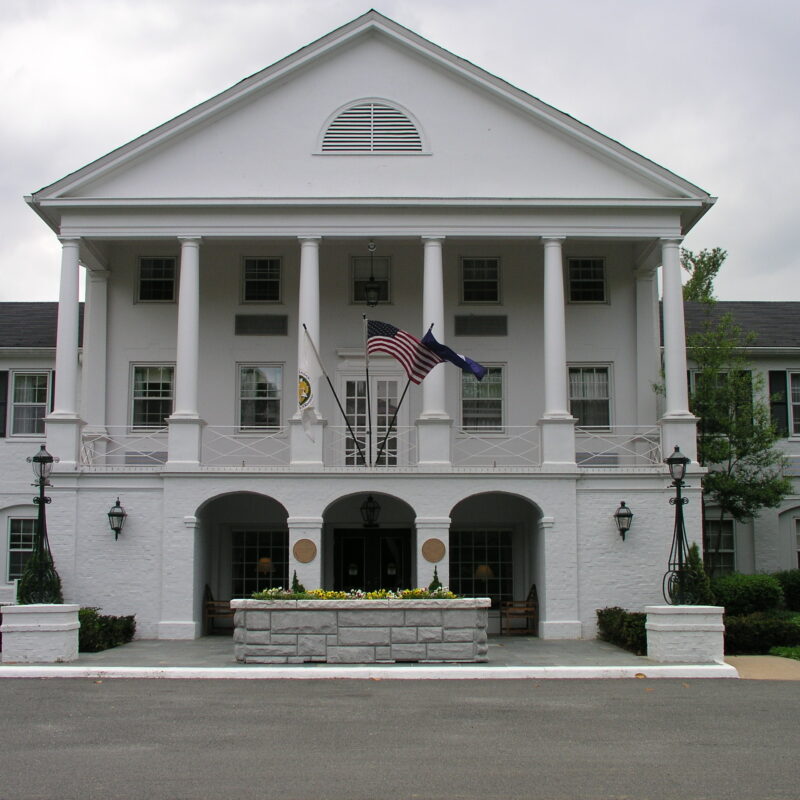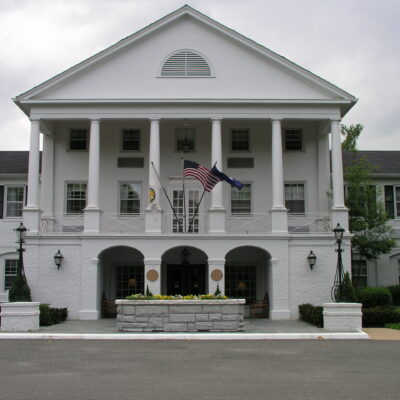More than a month after the firing of Charlottesville Police Chief RaShall Brackney, city leadership continues to argue over the decision-making process that led to her dismissal.
At Monday’s council meeting, after grilling from city councilors, City Manager Chip Boyles once again offered an explanation for his decision that left some councilors unsatisfied.
Though Boyles emphasized his support for the reforms Brackney enacted during her time in charge—including dismantling the SWAT team for severe misconduct—he claimed that many departmental leaders planned to quit their jobs due to their lack of trust in the chief. He also pointed to the results of two anonymous surveys of police officers, which led him to believe the department would only descend into “further chaos” under Brackney’s leadership.
“With discussions with officers, city leaders, department heads, and other individuals…it became evident to me that some type of a change needed to be made,” said Boyles. He refused to say exactly who he met with, though he did admit to twice meeting with Michael Wells, president of the central Virginia chapter of the Police Benevolent Association.
However, “I wish that some things had been different,” he said. “I should have had a better relationship with Chief Brackney that I could have identified some of these needs earlier, and we could have worked together on those.”
In response to Mayor Nikuyah Walker’s previous questions about turnover in the department, Boyles said that 100 employees have left CPD over the past three years, with 93 being resignations, retirements, or behavior related. Seventy-four new people have been hired within the same time period.
Councilor Michael Payne emphasized the need for a strategy to restore the community’s trust. Many were upset about the firing of Brackney, who was the city’s first Black woman police chief.
“I don’t know if it’s possible…for there to be discipline and reforms going on and not have officers leave the force,” said Payne. “How do we provide guarantees that we don’t return to these older models of policing?”
“We need to accept that when changes and reforms are being made, there’s a real inevitability [the changes] will be targeted by the PBA,” he added.
Councilor Lloyd Snook claimed the city was moving in the right direction.
“The only issue is whether we fire the city manager for firing the police chief, and I want to say very clearly the answer to that has to be no,” he said. “I’m not terribly anxious to keep reliving the past—we need to be looking forward.”
Walker questioned Boyles about how he knew there was a “mistrust in leadership” after reading the two police surveys—which Boyles called “very unscientific”—since Brackney’s name is only mentioned twice.
“She’s in charge of the command staff,” replied Boyles. “There is no smoking gun in this…there was a combination of multiple things that made me believe we were going in the wrong direction.”
Walker turned the situation around on Boyles. “Since all of these people are secretive, and you think that’s okay, would you want us to make a decision about whether you stayed here based on some random conversations we had without talking to you?” asked the Mayor.
Toward the end of the meeting, Walker played a short audio recording she secretly made of Boyles, in which the city manager describes Wells’ desire to get Brackney fired. Walker claimed that the urgency around the termination was undeniably tied to the PBA’s concerns, despite the insistence by both Councilor Heather Hill and the city manager that PBA boss Wells hadn’t pressured Boyles into firing Brackney.
“[Boyles] can clearly make up anything he wants, and y’all are going to believe him,” said Walker, before quickly adjourning the meeting.
